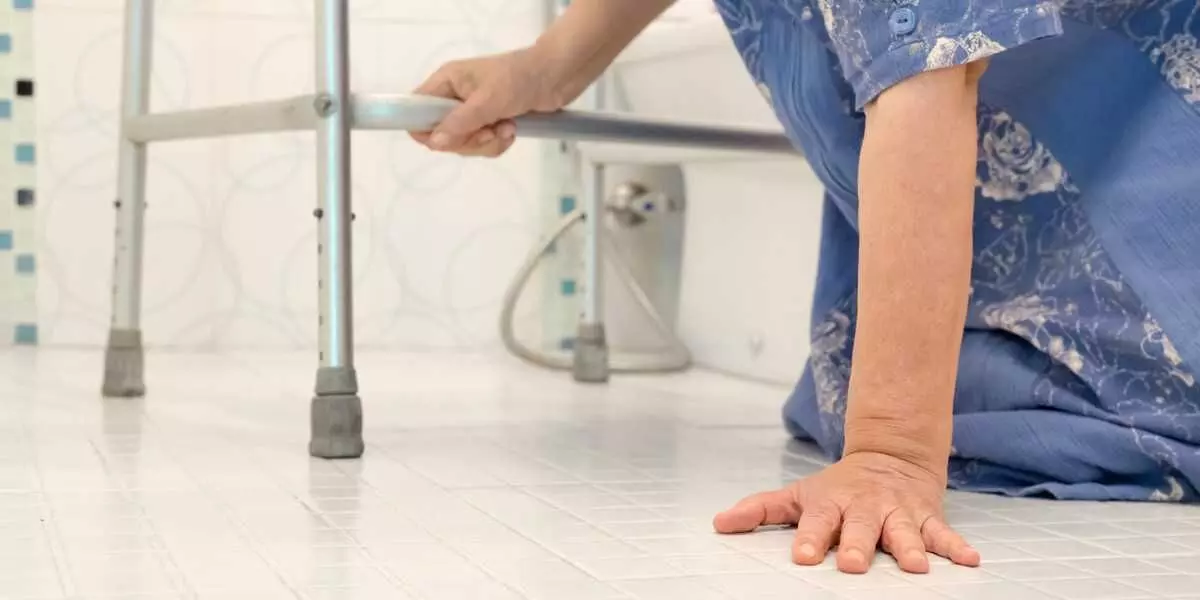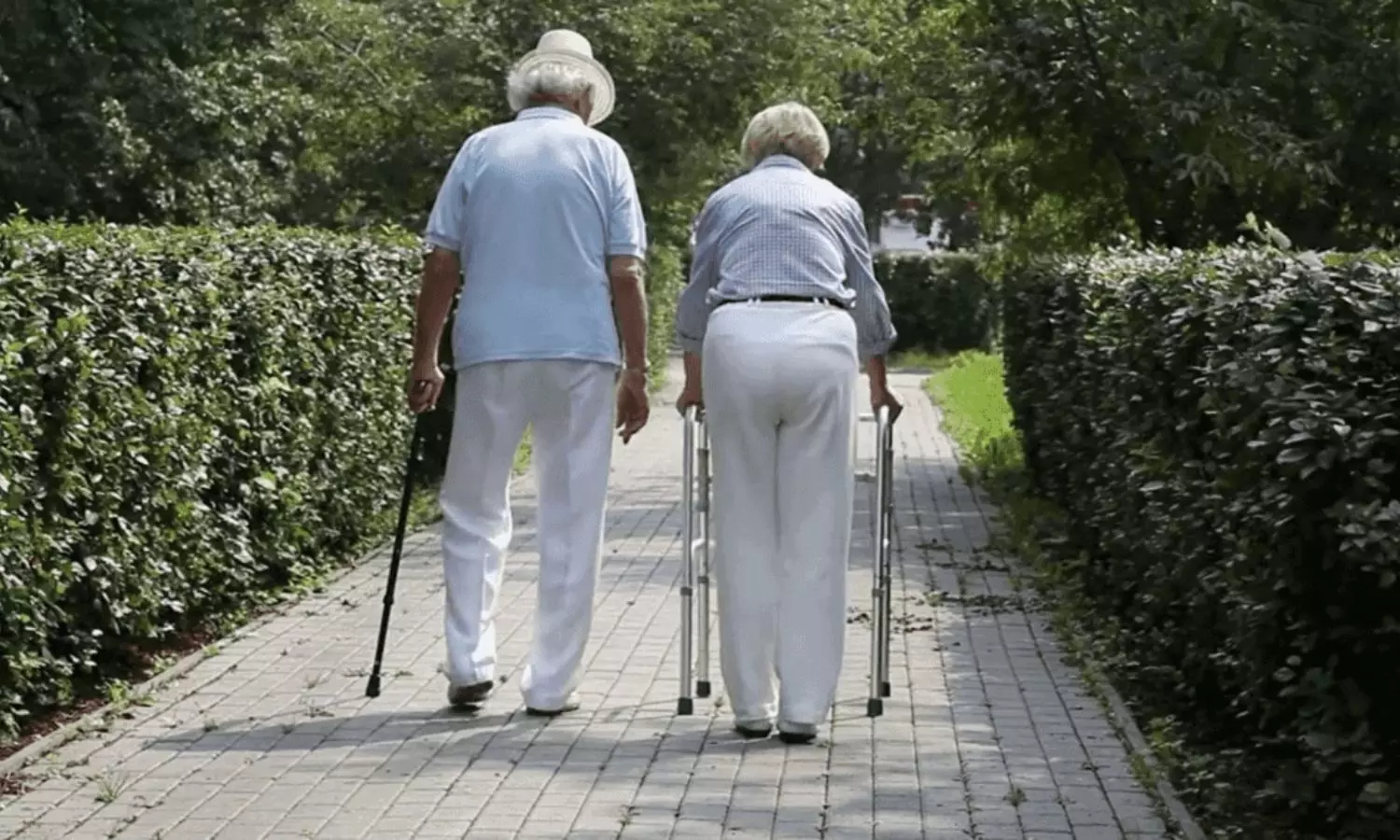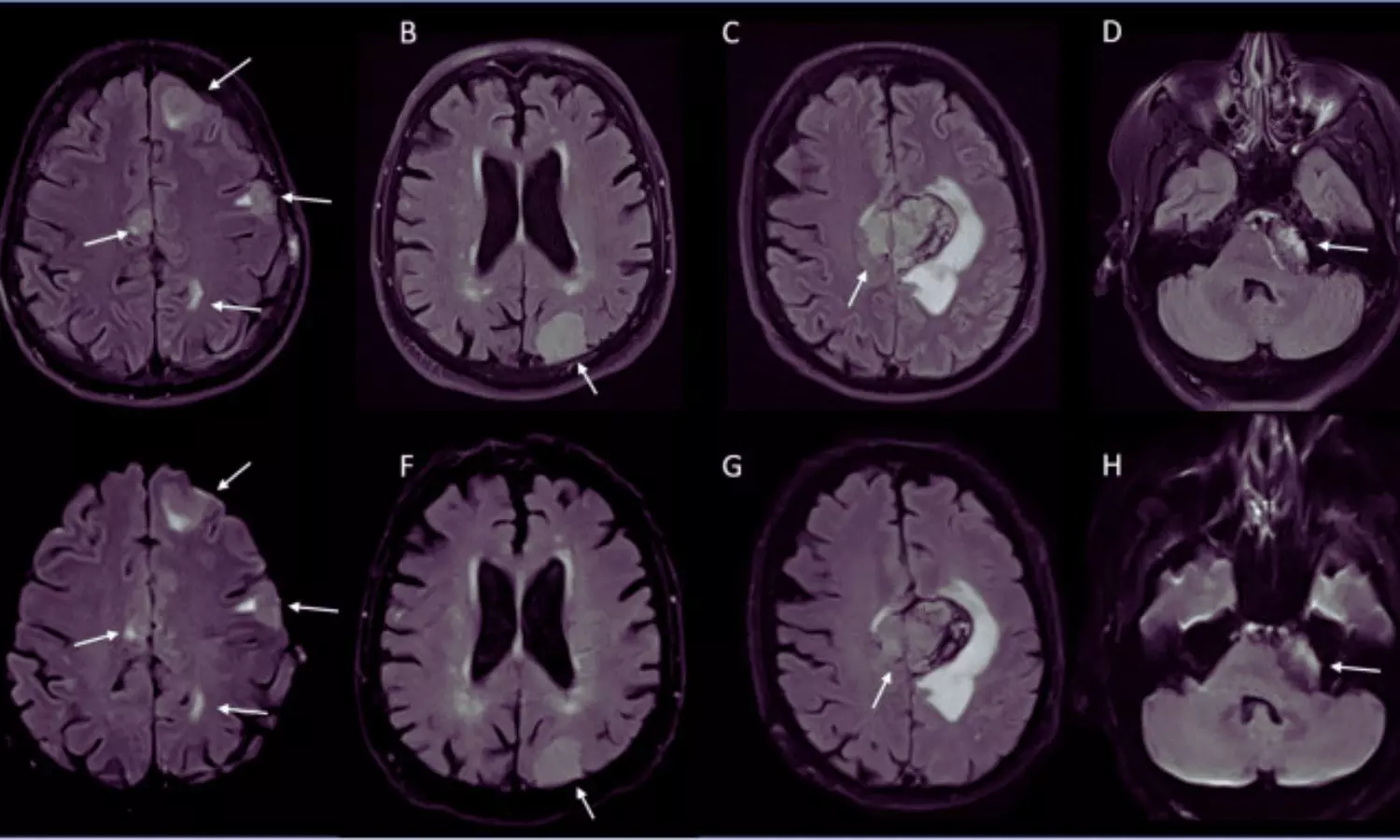The case concerned Kumar who purchased a health insurance policy for his family from Religare Health Insurance Company Ltd., valid from 18.11.2017 to 17.11.2018, renewed until 17.11.2019. The complaint stems from the hospitalization of his son, Uppal, at Satguru Partap Singh Hospital on 05.02.2019 for appendicitis surgery.
Uppal underwent surgery on 06.02.2019 and was discharged on 09.02.2019. The complainant initiated the insurance claim process through OP1 (hospital), OP2 (Religare Health Insurance Company Ltd.), and OP3 (Claims Department, Religare Health Insurance Company Ltd.). However, the hospital, company and the department took four days to decide the insurance claim, causing distress. On 09.02.2019, they rejected the pre-authorization claim, citing a pre-existing condition of ‘ASTHMA.’ The complainant disputed this, asserting his son had no history of asthma. The discharge summary, prepared by OP4 (Gastrointestinal Surgeon), inaccurately mentioned “Known case of Asthma,” leading to the denial of the insurance claim. The complainant, dissatisfied, approached the hospital and the surgeon to rectify the inaccurate remarks but was refused.
The complainant moved the Commission and accused the company and the surgeon of deficiency in service, resulting in mental agony. He requested compensation of Rs.1,00,000/- along with interest, litigation expenses of Rs.20,000/-, and the insurance claim amount of Rs.97,417/-.
Upon notice, the company and the claim department appeared and filed a joint written statement, raising preliminary objections and challenging the complaint’s maintainability, alleging it was misleading and premature. They clarified that the complainant had only submitted a cashless request claim and had not filed any reimbursement claim with them. They pointed out that the complainant held a policy named “Care Floater”, covering him and his family members from 18.11.2017 to 17.11.2018 for a sum insured of Rs.5,00,000/-. The policy was subsequently renewed from 18.11.2018 to 17.11.2019.
The sequence of events unfolded when the insurance company and the department received a cashless request from Satguru Pratap Singh Hospital, Ludhiana, on 05.02.2019, for the admission of the insured, Uppal. The provisional diagnosis was Acute Appendicitis. In response, the Company sent a Query Letter dated 06.02.2019, requesting specific documents, including the exact duration and past history of the present ailment with the first consultation paper and all past treatment records, as well as pre-hospitalization OPD treatment records.
Upon receiving the hospital’s reply to the query, the Company issued an Authorization Letter on 06.02.2019. Subsequently, on 09.02.2019, a Deficiency Letter was sent, asking for complete indoor case papers, admission notes, history sheet, doctor’s notes, nursing notes, vital chart, and further details regarding the exact duration and past history of the present ailment, including the first consultation paper for asthma.
The joint response from the company and the claim department highlighted the communication and document exchange between the hospital and the insurance company, outlining the steps taken in processing the cashless request and addressing deficiencies. The complaint appeared to hinge on the rejection of the claim and the alleged pre-existing condition of asthma, a matter contested by the complainant.
The insurance company, after receiving documents from the hospital regarding a cashless claim, issued a Query Letter on 09.02.2019, requesting specific details, including the exact duration and past history of the present ailment with the first consultation paper and all past treatment records. Additionally, they sought the PAC Note related to pre-anesthesia checkup and treatment records regarding a lower respiratory tract infection (LRTI) from one year back.
Upon reviewing the documents and information gathered during the investigation, the insurance company emphasized that the insured was mentioned as a known case of Asthma in the Discharge Summary and Doctor’s progress notes, with a history of LRTI. Despite multiple Query Letters sent to the hospital, the company claimed not to have received adequate replies. Consequently, on 09.02.2019, the company rejected the complainant’s claim through a Claim Denial Letter, stating the non-submission of required necessary documents for past treatment details, which led to the inability to rule out the pre-existing nature of the ailment. The complainant was advised to file for reimbursement with all supportive documents.
On the merits of the case, the company and the department reiterated their earlier objections, denying any deficiency in service and urging the dismissal of the complaint.
In a separate written statement, the surgeon raised preliminary objections challenging the maintainability of the complaint. The doctor argued against the mis-joinder of necessary parties, asserting that the complaint was misconceived and an abuse of the process of law. Furthermore, he claimed that the complainant lacked the locus standi to file the complaint.
The surgeon emphasized that he had fulfilled his duties diligently and prudently in treating the patient with the utmost care. The patient, Uppal, was admitted to Satguru Partap Singh Hospital on 05.02.2019, diagnosed with acute appendicitis, and subsequently treated with Laparoscopic Appendectomy by OP4 on 06.02.2019. Throughout the treatment, the patient was clinically evaluated, thoroughly investigated, and post-operatively managed with antibiotics, analgesics, antacids, and other supportive measures. The patient’s condition improved, and he was discharged in a satisfactory condition on 09.02.2019.
The doctor further clarified that during the admission procedure, the complainant provided a history of the patient’s past ailment, specifically mentioning asthma. This information was duly recorded in the hospital’s records and reflected in the discharge summary provided to the complainant. The doctor asserted that the complainant did not object to this information at the time of discharge.
In response to queries raised by the company and the claim department regarding the patient’s treatment, the doctor provided a detailed written response on 09.02.2019, which was sent to both of them. The surgeon then claimed that neither the complainant nor the company and the department contacted him thereafter, and there was no reason for them to do so. The doctor insisted that neither OP1 (Satguru Partap Singh Hospital) nor he had any role or concern in the alleged claim refusal.
On the merits of the case, the surgeon reiterated the objections, denying any deficiency in service and requesting the dismissal of the complaint.
After considering the arguments from the parties, examining the complaint, affidavits, annexed documents, and written statements, the Commission noted that the complainant, covered by a cashless health insurance policy, had his son, Uppal, admitted to Satguru Partap Singh Hospital for appendicitis surgery. The surgery took place on 06.02.2019, and the discharge occurred on 09.02.2019, within the policy period.
During the hospitalization, a pre-authorization for a cashless claim was initiated on 06.02.2019, but the company and the claim department raised queries through Deficiency Letters. The cashless facility was ultimately declined on 09.02.2019 due to non-receipt of required documents, as stated in the Denial Letter. The complainant was advised to file a reimbursement claim with necessary documents.
In the Deficiency Letter dated 09.02.2019, the company and the department requested specific documents related to the ailment and medical history, particularly mentioning the possibility of asthma. Despite multiple requests and Deficiency Letters, the complainant did not file the claim with the company, leading to the rejection of the claim on 09.02.2019.
The complainant asserted a claim of Rs.1,73,087/- based on bills submitted as evidence. The Commission emphasized the need for insurance companies to adopt a more liberal approach in settling claims, citing the lack of significant assistance rendered to policyholders during claim settlements. The Commission suggested that insurance companies should be more considerate and less technical in their approach to claims. It noted;
“The Insurance companies do depute their officers/agent for procurement of business at the doorsteps of person(s) to be insured but at the time of settling the claims, the company’s officials or TPAs render little assistance to the policy holder. The insurance companies are required to be more liberal in their approach without being too technical.”
The Commission cited a 2022 Supreme Court judgment (Gurmel Singh Vs Branch Manager National Insurance Company Ltd.) emphasizing that insurance companies should not act too technically or arbitrarily while settling claims. The judgment stressed that insurers must not reject claims based on flimsy or technical reasons, especially when the insured faces challenges in providing certain documents. In light of this, the Commission directed the complainant to submit the required documents mentioned in Deficiency Letters to the company and the claim department. Following this, they were instructed to consider and reimburse the complainant’s claim in accordance with the policy’s terms and conditions after receiving the documents.
The complainant raised concerns against OP4, Dr. Singh, a Gastrointestinal Surgeon at Satguru Partap Singh Hospital, alleging that he incorrectly stated in the discharge summary that the patient was a “Known Case of Asthma,” leading to the rejection of the insurance claim by the company and the claim department. However, the doctor provided a certificate clarifying that the mention of asthma was based on the history provided by a distant relative, and the doctor had no role in processing the reimbursement claim. The certificate emphasized that the current illness (acute appendicitis) was unrelated to the past history of asthma. Consequently, the Commission deemed the complaint against the doctor as not maintainable and recommended its dismissal.
The complaint was partially allowed with a directive for the complainant to submit necessary documents, as per the Deficiency Letters, to the company and the claim department after receiving the order. Subsequently, they were instructed to consider and reimburse the complainant’s claim in accordance with the policy terms and conditions. No costswere awarded. The complaint against the doctor was dismissed.
To view the original order, click on the link below:







